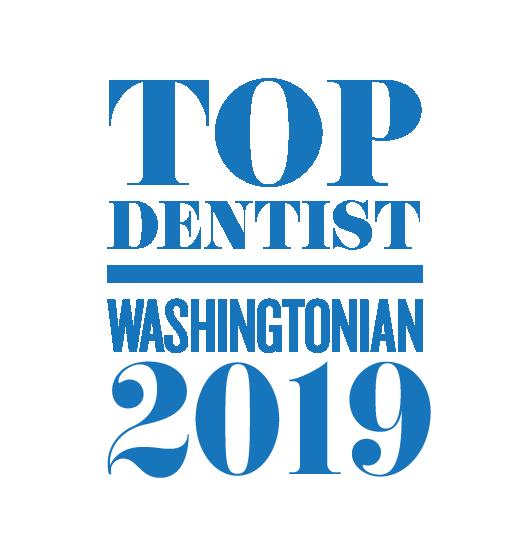If you are missing all of your teeth, an implant-supported full bridge or full denture can replace them. Dental implants will replace both your lost natural teeth and some of the roots.
What are the advantages of implant-supported full bridges and implant-supported denturesover conventional dentures?
Dental implants provide several advantages over other teeth replacement options. In addition to looking and functioning like natural teeth, implant-supported full bridges or dentures are designed to be long lasting. Implant-supported full bridges and dentures also are more comfortable and stable than conventional dentures, allowing you to retain a more natural biting and chewing capacity.
In addition, because implant-supported full bridges and dentures will replace some of your tooth roots, your bone is better preserved. With conventional dentures, the bone that previously surrounded the tooth roots begins to resorb (deteriorate). Dental implants integrate with your jawbone, helping to keep the bone healthy and intact.
In the long term, implants can be more esthetic and easier to maintain than conventional dentures. The loss of bone that accompanies conventional dentures leads to recession of the jawbone and a collapsed, unattractive smile. Conventional dentures make it difficult to eat certain foods.
How will the implants be placed?
First, implants, which looks like screws or cylinders, are placed into your jaw. Then, over the next two to six months, the implants and the bone are allowed to bond together to form anchors for your artificial teeth. During this time, a temporary teeth replacement option can be worn over the implant sites.
Often, a second step of the procedure is necessary to uncover the implants and attach extensions. These small metal posts, called abutments, along with various connecting devices that allow multiple crowns to attach to the implants, complete the foundation on which your new teeth will be placed. Your gums will be allowed to heal for a couple of weeks following this procedure.
There are some implant systems (one-stage) that do not require this second step. These systems use an implant which already has the extension piece attached. Your periodontist will advise you on which system is best for you.
Depending upon the number of implants placed, the connecting device that will hold your new teeth can be tightened down on the implant, or it may be a clipped to a bar or a round ball anchor to which a denture snaps on and off.
Finally, full bridges or full dentures will be created for you and attached to your implants or the connecting device. After a short time, you will experience restored confidence in your smile and your ability to chew and speak.
© American Academy of Periodontology and Perio.org, 08/18/2011









